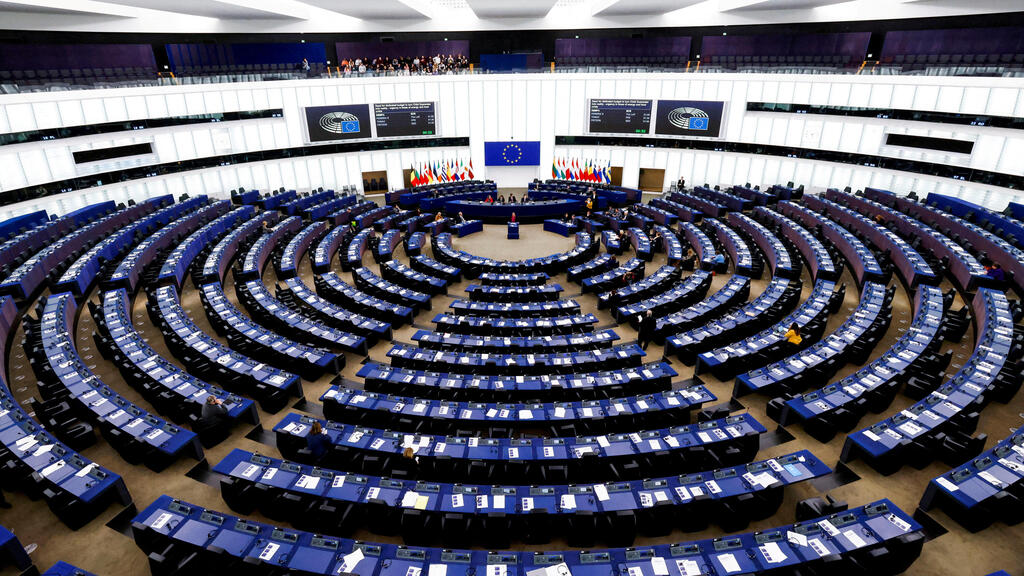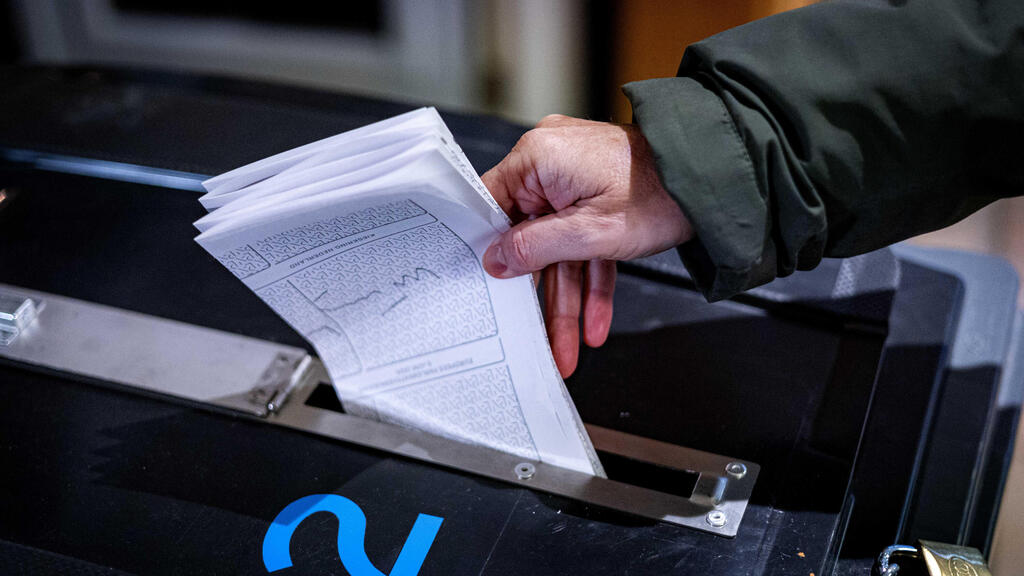Getting your Trinity Audio player ready...
The European Parliament elections, which began this on Thursday with the opening of the polls in the Netherlands and will conclude on Sunday evening, are marked by the rise of the far-right across the continent. The elections will see 373 million citizens from 27 countries choose their 720 representatives.
Voter turnout is expected to be very high for the first time and various polls note the younger the voters are, the more they tend to vote for extreme parties that express skepticism about the European Union and essentially aim to dismantle it.
The parliamentary elections, which are held every four years and are direct elections, divide their time between Brussels and Strasbourg. The institution votes on international laws binding on the 27 member states, the joint budget, and the admission of new countries to the Union.
In 2019, a trend saw the EU’s central bloc begin to disintegrate and the rise of right-wing parties began, with the upturn expected to continue this time as well. In France, polls predict 33% for the list headed by Jordan Bardella, the candidate of Marine Le Pen's National Rally.
In Hungary, Viktor Orban's party is expected to sweep 48% of the voters, and in Greece, the far-right New Democracy party is expected to take 33% of the votes. In Germany, the Alternative for Germany (AfD) party is likely to become the second largest party representing the country, with 16%. Overall, the union of right-wing parties could become the third-largest political entity in the European Parliament.
The influence of far-right members depends on agreements between the parties of the same bloc. The trend worries their opponents, especially in light of the expected strengthening of the far-right in the countries sending the largest number of representatives: Germany (96), France (81), Italy (76), Greece (61), and Poland (53).
Even in Portugal, a traditionally left-leaning country, the right-wing Chega ("Enough!") party, founded only five years ago, is expected to receive 20% of votes. An increase in support for the far right is also evident in the Scandinavian countries.
Young Europeans, as mentioned, are a significant force in these elections. In Austria, Belgium, and Germany, the voting age has even been lowered to 16. Many of the far-right and far-left parties have chosen representatives under the age of 40 for their lists. In France for example an app similar to Tinder available in 23 languages has been developed to match each voter with the most suitable list leader.
Voters up to age 34 strongly oppose the EU's immigration policy. Ecology, which was considered a central issue in the last elections in 2019, is now seen by many voters as a “luxury” due to the economic crisis on the continent. Most voters are interested in the EU’s impact on their lives, with many returning to a nationalist perspective and demanding greater economic and political freedom.
Riding this wave are China and especially Russia, which are trying to influence voters through conspiracy theories, such as laws on sexual identity that trouble far-right voters and fabricated "proofs" of "election fraud plots," or simply by creating controversies on burning issues.
In France, for instance, researchers directly linked Russia to a series of antisemitic graffiti and anti-Olympic Games slogans. Artificial intelligence (AI) floods the internet with seemingly credible messages and engineered voice recordings also influencing voters.




